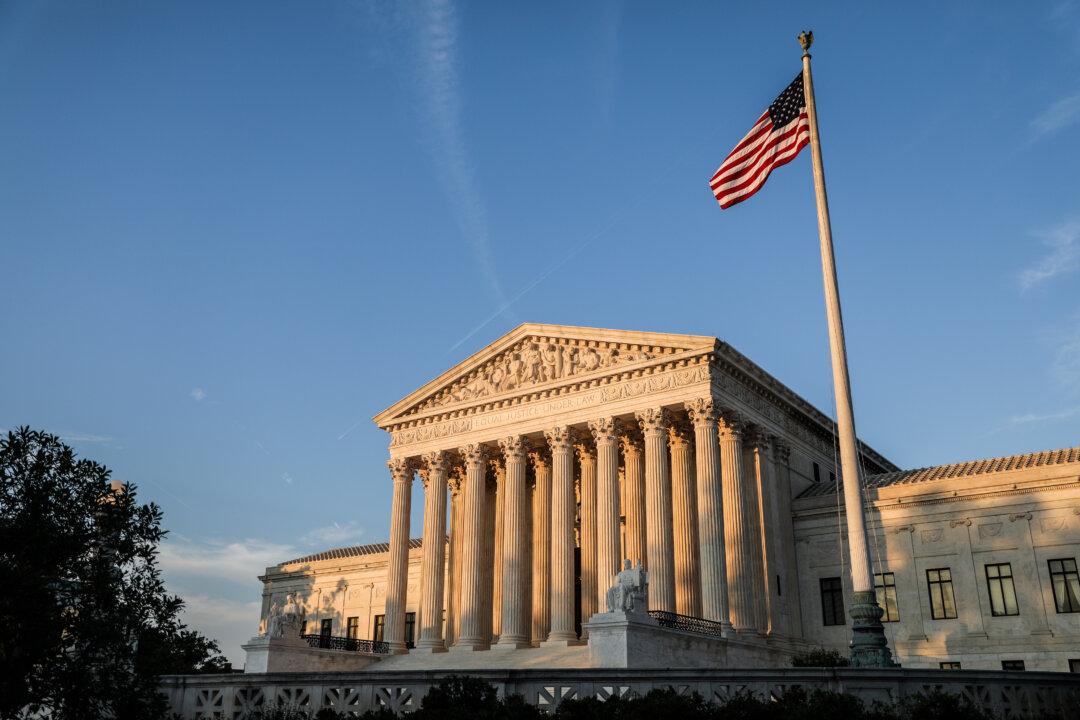WASHINGTON—President Donald Trump said on Oct. 29 that he plans to remove birthright citizenship via an executive order, setting up another contentious court battle.
Birthright citizenship is the practice of granting full citizenship to anyone born in the United States, including those born to parents who are in the country illegally, on a temporary visa, or as tourists. It is blamed for being a magnet for “birth tourism,” and for igniting chain migration through “anchor babies.”





